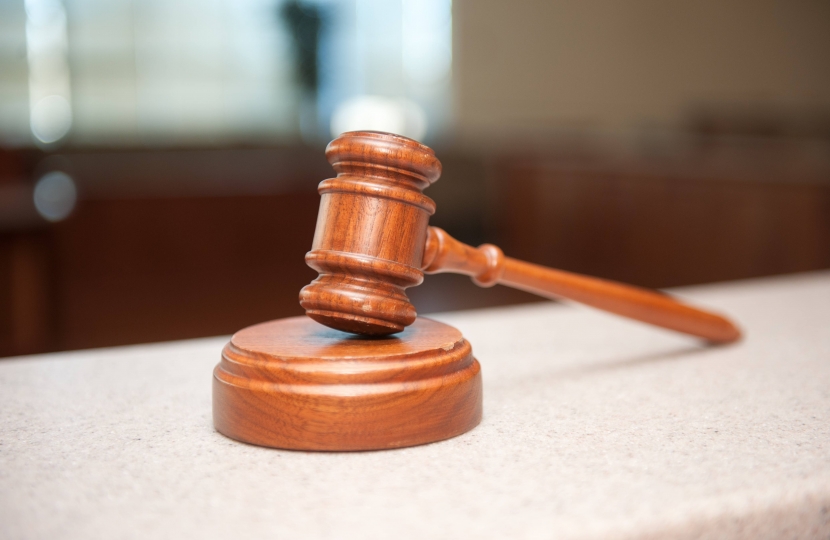
The MoJ’s proposal to close courts in Bury St Edmunds and Lowestoft – leaving only the Ipswich court open in Suffolk – has provoked widespread outrage.
One of the key concerns is the length of time it would take witnesses, victims, police, lawyers and defendants to travel from the west and north of the county to cases being heard in Ipswich. The county’s MPs are demanding more local justice – not less – with more cases being heard in towns near where alleged offences took place.
Waveney MP Peter Aldous, whose constituency includes Lowestoft, said he would continue to fight for the retention of the existing court in the town. He said: “It is not an old building and it is conveniently placed. It is not far from the town centre, car parks, and bus and railway stations.
“Also there are a number of solicitors’ practices that have grown up around the courts. They know the courts and the clients. If the courts close and justice is transferred, there will not be that local link.”
Mr Aldous was not opposed to the idea of holding courts in smaller towns on an occasional basis, but said it would need careful consideration.
Bury St Edmunds MP Jo Churchill said she would be discussing the issue with her Suffolk colleagues, and also with South West Norfolk MP Liz Truss when they all return to parliament.
Ms Truss’s constituency includes Thetford – and some magistrates’ court cases from there are sent to Bury St Edmunds.
She was keen the Government should look closely at a proposal to use public sector buildings at West Suffolk House for court hearings.
“The proposal from [St Edmundsbury council leader] John Griffiths is well worth looking at.
“It’s not just my constituency that would be affected – Matt Hancock’s constituents from Newmarket and Haverhill and other towns will also face problems.”
If the proposals go through, the only courts left in Suffolk would be in Ben Gummer’s Ipswich constituency.
He said he would be talking with his fellow MPs, but felt the idea of holding magistrates’ court sessions in other buildings around the county should be investigated.
“We should look at ways of making justice more local, hearing cases in council buildings or other venues once or twice a month to ensure justice is as local as possible.”
But he pointed out that existing dedicated court buildings in Suffolk were largely under-used and the Government needed to reflect the fact the crime rate was falling and more offenders were being dealt with by police outside the court system.
That proposal was also backed by Dr Therese Coffey. People in the north of her Suffolk Coastal constituency attend court in Lowestoft.
She said there was a need to cut court costs, but more attention needed to be focused on taking courts to communities around the county.
Central Suffolk and North Ipswich MP Dr Dan Poulter said his constituents would not be directly affected by the changes – any magistrates’ court cases involving them tended to be heard in Ipswich anyway.
But there was the fundamental position of local justice at stake.
“I’ve been speaking to Peter Aldous, and it is clear that there are real concerns about the need to make justice available to everyone. It is particularly important that those who are most disadvantaged can access the courts system as easily as possible.”
South Suffolk MP James Cartlidge said he was preparing to talk to his parliamentary colleagues in the House before deciding his own position on the proposed closures.
West Suffolk MP Matthew Hancock declined to comment.
- Published in the EADT on 9th September 2015.
